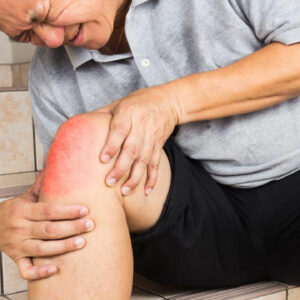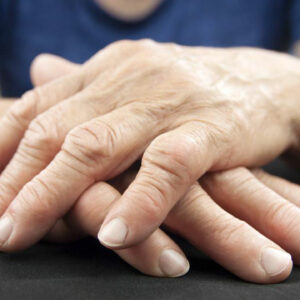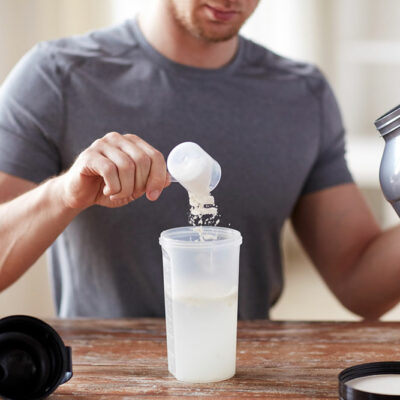
01
7 Effective Home Remedies for Quick Relief from Joint Pain
With growing age comes a string of other health issues that are known to give never-ending problems to an individual. One of the common issues that more than half the older section of the population suffers from is joint pain. However, the younger lot too can be affected by joint pain if they were ever injured in an accident or suffer from certain degenerative diseases. Joint pains can occur in any part of the body, and as the name suggests, causes excruciating pain in the joints. The joints are what connects the bones throughout the body, and facilitates easy movement. Imagine a person’s plight if he cannot move around due to the excruciating pain in the joints. And the very fact that every joint in the body is susceptible to this condition makes it worse. Usually, it’s the process of aging or the onset of certain diseases that triggers joint pain in individuals. Which diseases are characterized by joint pain? Arthritis, gout arthritis, osteoarthritis, rheumatoid arthritis, bursitis, sprains, fractures, and other injuries can lead to severe joint pain. Since the pain becomes unbearable, people resort to taking Nonsteroidal Anti-inflammatory Drugs (NSAIDs) that are known to provide quick joint pain relief, but it comes with certain drawbacks. For instance, prolonged use of NSAIDs leads to the body becoming immune to its effects, or it can weaken the bones as well. As a result of this, people prefer going natural for gaining quick relief from joint pain. Here are some amazing home remedies that will provide quick joint pain relief to the individual suffering from the same. Hot and cold compress Usually, the pain in the joints is due to inflammation, an effective way of reducing the inflammation is by using hot and cold compress simultaneously. The heat will loosen the joints and get rid of the joint stiffness, and the cold compress will reduce the inflammation and swelling in the joints.
Read More 










